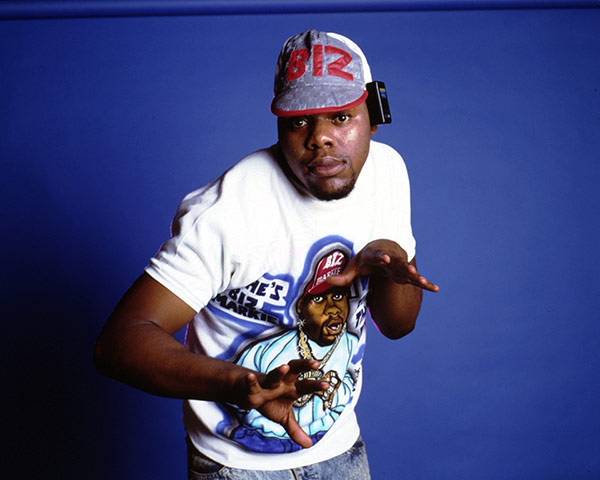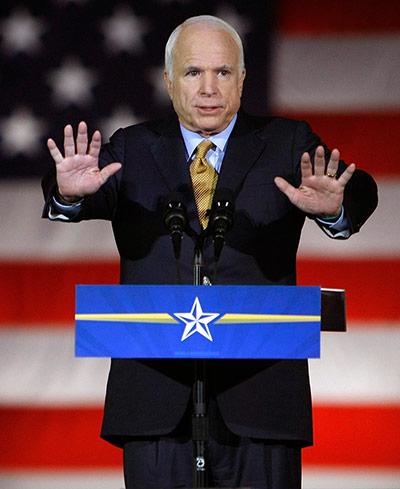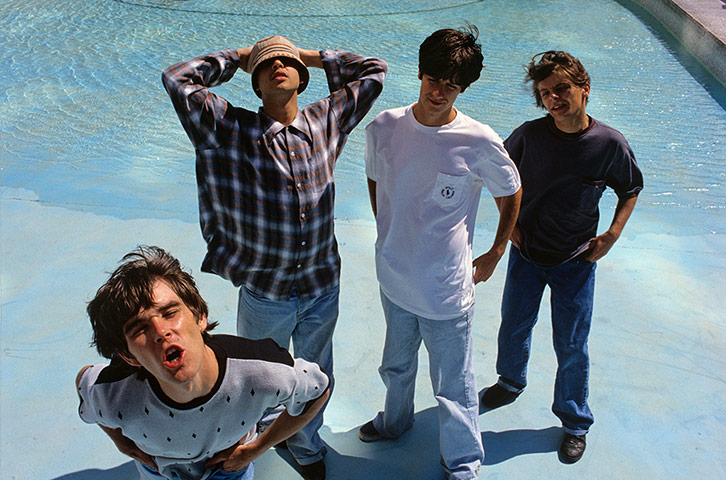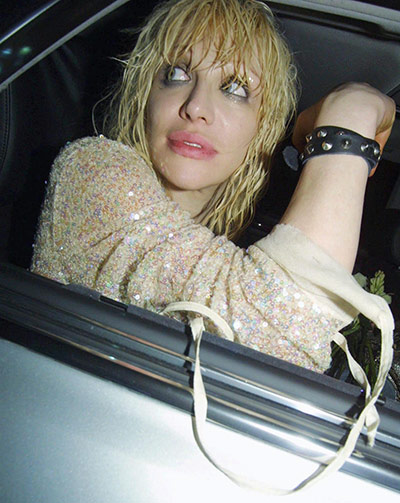
A class-action lawsuit filed in June by documentary maker Jennifer Nelson to bring the song Happy Birthday into the public domain could be the most high-stakes case in the history of the music industry: the song earns current copyright holders Warner/Chappell more than $2m every year. Nelson’s suit was inspired when the company demanded $1,500 for the song’s use in one her films. It’s a reminder that hit songs mean big money and disputes can escalate into bitter legal showdowns Photograph: Blend Images/Alamy

George Harrison always maintained that if he’d wanted to rip off the Chiffons’ 1963 single He’s So Fine on his massive 1971 hit My Sweet Lord then he would have changed one note and saved himself a lot of trouble. By the time he realised the similarity, it was too late and the copyright holders refused to settle. When it finally came to court, the ex-Beatle was found guilty of “subconscious plagiarism” and told to cough up $1,599,987. Harrison promptly channelled his frustration into This Song: “This song ain’t black or white/ And as far as I know don’t infringe on anyone’s copyright” Photograph: Moviestore Collection /Rex Features

Young once said that being sued by his new record label for making records that were “not commercial” and “unrepresentative” was “better than a Grammy” because it cemented his ornery maverick reputation. David Geffen, who thought Young’s quixotic early 1980s records were sabotaging his career and making Geffen look stupid, emerged as a heavy-handed fool. He quickly dropped the suit and apologised. “He’s a big man for saying he was so fuckin’ wrong,” said Young, who responded, to his manager’s horror, by insisting that his deal was slashed in half as an expensive gesture of commitment to creative freedom Photograph: Geffen

A case that changed the sound of music. Before Biz Markie fell foul of big-haired singer-songwriter Gilbert O’Sullivan, hip-hop producers sampled old records with apparent impunity, but the rapper’s use of O’Sullivan’s 1972 chestnut Alone Again (Naturally) led to a game-changing ruling by Judge Kevin Duffy, who began his written opinion with the pompous command: “Thou shalt not steal”. Suddenly, the kind of dense sample collages favoured by Public Enemy and the Beastie Boys became prohibitively expensive. Biz Markie laughed off the setback with the playful title of his next album, All Samples Cleared! Photograph: Michael Ochs Archives/Getty Images

On 23 December 1985, two young Judas Priest fans from Nevada, James Vance and Raymond Belknap, spent several hours drinking, smoking weed and listening to the British heavy metal band’s 1978 album Stained Class before shooting themselves. Their families filed a $6.2m product liability suit, alleging the band had backmasked (recorded backwards) encouragements to suicide on the album, including "do it". After hearing from rival audio experts, the judge dismissed the suit. Judas Priest later claimed that if they were going to use subliminal messages they would have chosen something along the lines of “buy more of our records” Photograph: Fin Costello/Redferns/Getty

Left-leaning bands routinely protest when conservative politicians use their songs but most don’t, or can’t, go any further. Jackson Browne, one of rock’s most prominent liberals, was sufficiently enraged by the unlicensed use of his 1977 hit Running on Empty in a campaign video for John McCain during the 2008 election that he filed a suit, citing the portion of the 1946 Lanham Act that prohibits “false endorsement”. McCain and his co-defendants initially claimed it was free speech but soon apologised, paid a settlement and promised to obtain licences in future, in theory limiting Republicans to a tiny pool of rightwing rockers Photograph: Mike Blake/Reuters

After the Smiths broke up in 1987, Morrissey and Johnny Marr claimed that they had orally agreed a 40/40/10/10 split of non-songwriting royalties with drummer Mike Joyce and bassist Andy Rourke. The rhythm section remembered it differently, and while Rourke accepted a payoff Joyce fought on. In 1997, he won a huge sum in unpaid royalties from Judge John Weeks, who described Morrissey as “devious, truculent and unreliable”. Morrissey dubbed Weeks the “face of human evil”, refused to cough up and vowed to appeal to the House of Lords. As he once sang: “I bear more grudges/ Than lonely high court judges” Photograph: ITV/Rex Features

The punitively harsh contract that a naive Creedence Clearwater Revival signed with Saul Zaentz’s Fantasy Records in the 60s led to one of the longest, most bitter feuds in rock history. Years of rancour over Fantasy’s ownership of former frontman John Fogerty’s Creedence songs reached a hideous nadir when Zaentz claimed that Fogerty’s solo song The Old Man Down the Road was merely Creedence’s Run Through the Jungle “with new words”, making Fogerty the first and only songwriter ever to be sued for self-plagiarism. A jury found in Fogerty’s favour but the war dragged on Photograph: Chris Walter/WireImage/Getty

When they should have been making their second album, the Stone Roses were engaged in a long struggle to escape their first contract, a document so comically unreasonable that it listed among the territories covered “the world and its solar system”. The judge found that it constituted restraint of trade and, because of the inexperience of the band’s lawyer and manager, so “oppressive”, “unfair” and “entirely one-sided” as to be unenforceable. But the band never regained their lost momentum, releasing their first new material 42 months after the May 1991 ruling and swiftly falling apart Photograph: Brian Rasic/Rex Features

Years of bad blood between Kurt Cobain’s widow and his ex-bandmates boiled over when Dave Grohl and Krist Novoselic wanted to include the band’s final song, You Know You’re Right, in a box set rather than a greatest hits album. Love sued to dissolve their business partnership; the two men countersued. She called Novoselic “evil” and Grohl “mediocre”; they called her “irrational, mercurial, self-centred, unmanageable, inconsistent and unpredictable”. Both claimed they were doing what Kurt would have wanted. Although they reached a settlement the following year, the fight was an ugly coda to the career of one of rock’s most important bands Photograph: Rex Features

